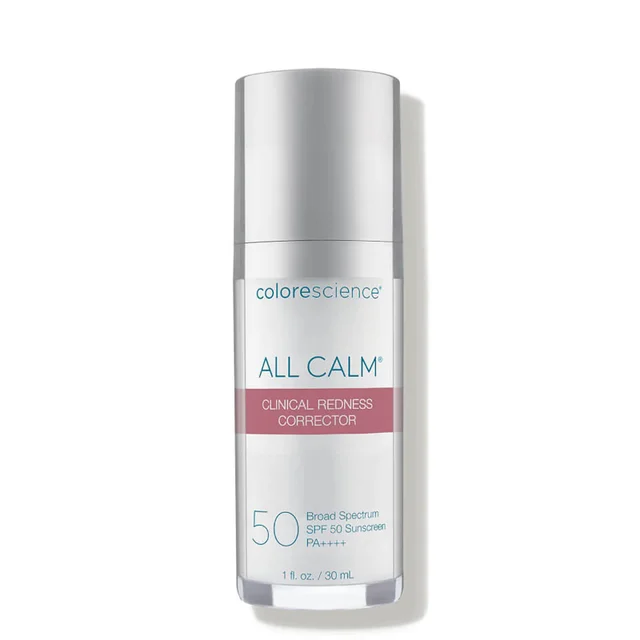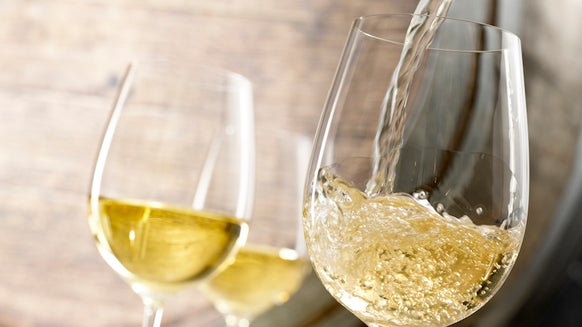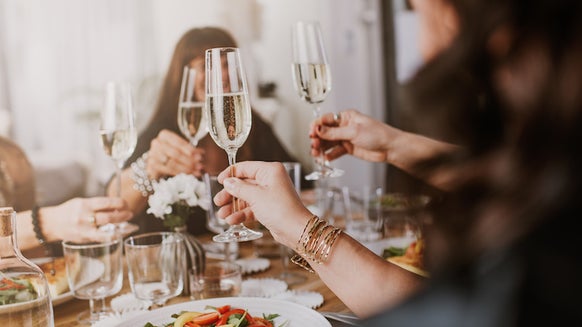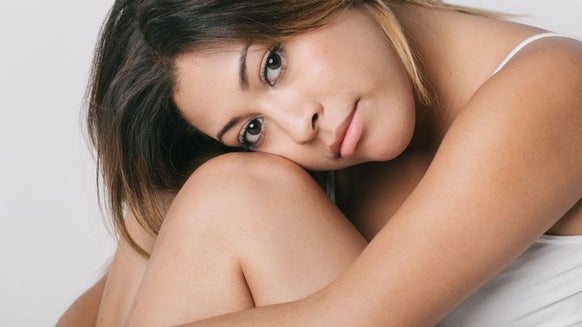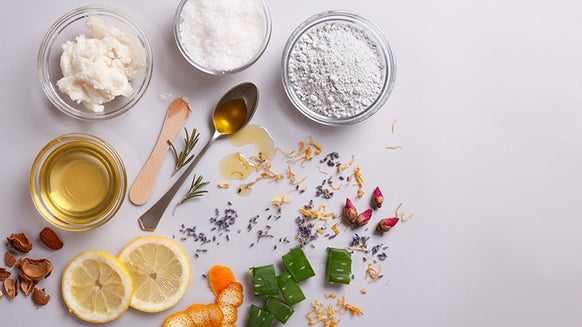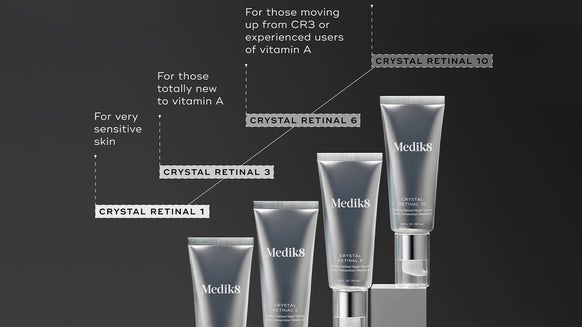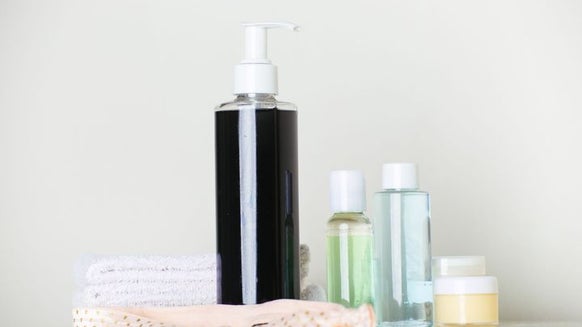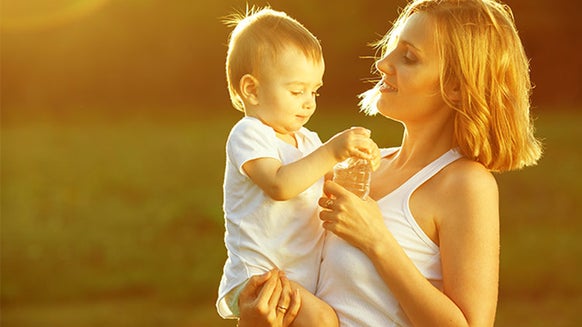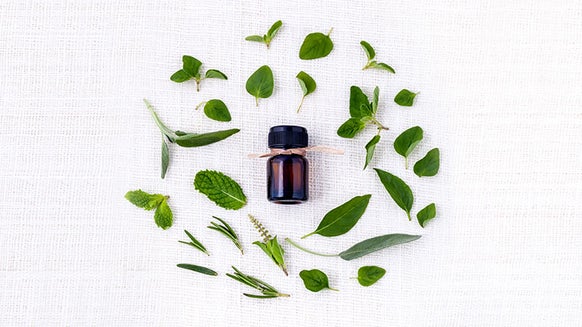What You Need to Know About Rosacea and Alcohol
When triggers like spicy foods, excess sunlight or too much wind cause rosacea to flare, you end up with acne-like conditions such as redness, inflammation and bumps. In fact, acne-like breakouts are subtype of rosacea all their own, differing from other subtypes such as visible blood vessels and thickened skin. Knowing what triggers your rosacea is a key part of winning the battle, and while alcohol does have an effect, drinking smartly helps you ward off flares before they happen.
The Alcohol Link
While everyone's individual triggers vary, the majority of those with rosacea report that alcohol consumption causes flare-ups. More than half say that just one drink is enough to cause a reaction, and it can occur even when alcohol is mixed with other substances. That said, even non-drinkers suffer from rosacea, which affects one in 20 Americans. This, of course, deftly dispels the old myth that heavy drinking is the key cause of the condition.
The Skinny on Drinks
Your best bet for preventing alcohol-related skin flare-ups is closely observing which drinks affect you the most. In general, though, red wine tends to have the greatest effect on those with rosacea, followed distantly by white wine and beer. Liquor, on the other hand, affects the smallest number of rosacea sufferers. If you're unsure of what affects you the most, opting for a cocktail is a statistically safer bet than uncorking a bottle of Merlot, but in any case, moderation certainly helps.
Sipping Tips
Think of water as your rosacea-fighting ally, and enlist your ally's help at the bar. If you choose to drink, opt for drinks on the rocks rather than neat, and have one glass of water for each drink. Good old H20 dilutes alcohol and wards off pH changes, while cool drinks reduce the risk of flushed skin. One of the simplest things you can do to head off a rosacea flare is to drink slowly; slow sipping reduces your cumulative alcohol intake over time. When you pair your drink with food, stay away from common edible triggers—namely, spicy dishes. Instead, go with leafy greens and foods rich in healthy fats (such as salmon or tuna) to keep your skin clear.
When Rosacea Strikes
While becoming familiar with your personal triggers, knowing how to navigate the drink menu and nursing your drink like a pro all help head off redness in the face, sometimes rosacea flares happen even in spite of your best efforts. When rosacea strikes, turn to topical creams that feature time-tested ingredients, such as over-the-counter metronidazole gel, creams with sulfur or sulfacetamide, or products with azelaic acid, a form of vitamin C.
This article has been reviewed by board-certified dermatologist Dr. Emmy Graber.

From the latest hair and makeup trends to the best solutions for your skin issues, we've got all your beauty concerns covered!



